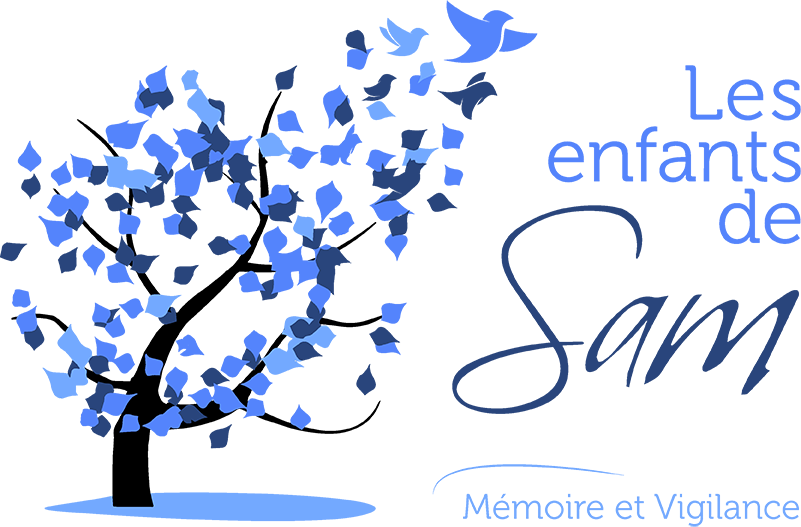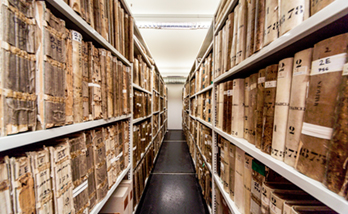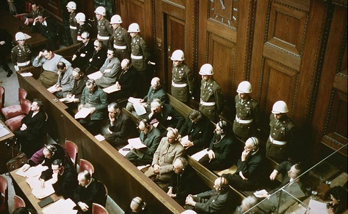Remembrance and teaching
Testimony, by Pascal COPEAU, former member of CNR
“Maybe there are still a few things for me to say. To firstly thank the teacher Henri Michel who had the courage to organise this meeting which could have ended in a battle. I have recently been told that a historian or sociologist, I don’t know exactly which, said at a similar conference that memoir writers were really annoying and it was the worst thing when they started writing history.
I believe this is a small part of the difficult position that we find ourselves in. I would like to briefly address my comrades from the Resistance, to ask them to be a little more tolerant with regard to the choices faced by History. Because in any case, that’s what is going to happen. Of course they can refute any historical study, but in the end they cannot prevent what will remain in History. What will become the account of what occurred will not match what they believe happened. Because when we try to write down what we remember, we realise it is really difficult to have complete honesty and to not, in hindsight, arbitrarily reconstruct a kind of justification for our efforts. In fact, it is something we gradually create over time. I would also like to address young people, in particular young people who have done us the honour of writing our history.”
*CNR (Conseil National de la Resistance) was an organisation formed when eight key resistance groups joined together in 1941 to oppose the Nazi occupation of France, and to also plan for reforms in France after liberation in 1945.
“The duty to remember, the work of remembrance” Sam Braun (November 2008)
Jean-Paul Sartre wrote, “Consider not what was done to you, but what you have done with what was done to you.”
For more than twenty years I have spoken to students in educational settings to make them aware of the art of ‘living together’. Since then, I have come to the conclusion that as a survivor what I must pass on is more than a description of life in the camps, beyond an historic timeline. Instead our insights become a plan for the future.
Jean-Pierre Lauby, Inspector of the Academy, Honorary regional inspector for the teaching of History and Geography
“The duty to remember and the work of remembrance are two similar concepts. They are different but they complement each other”
Nathalie Rodallec, teacher at the Lavoisier Senior High School (5th arrondissement of Paris) and teacher trainer, Academy of Paris
“To have an eyewitness in the classroom, with their individual story, makes an indispensable contribution to the teaching of history.”



